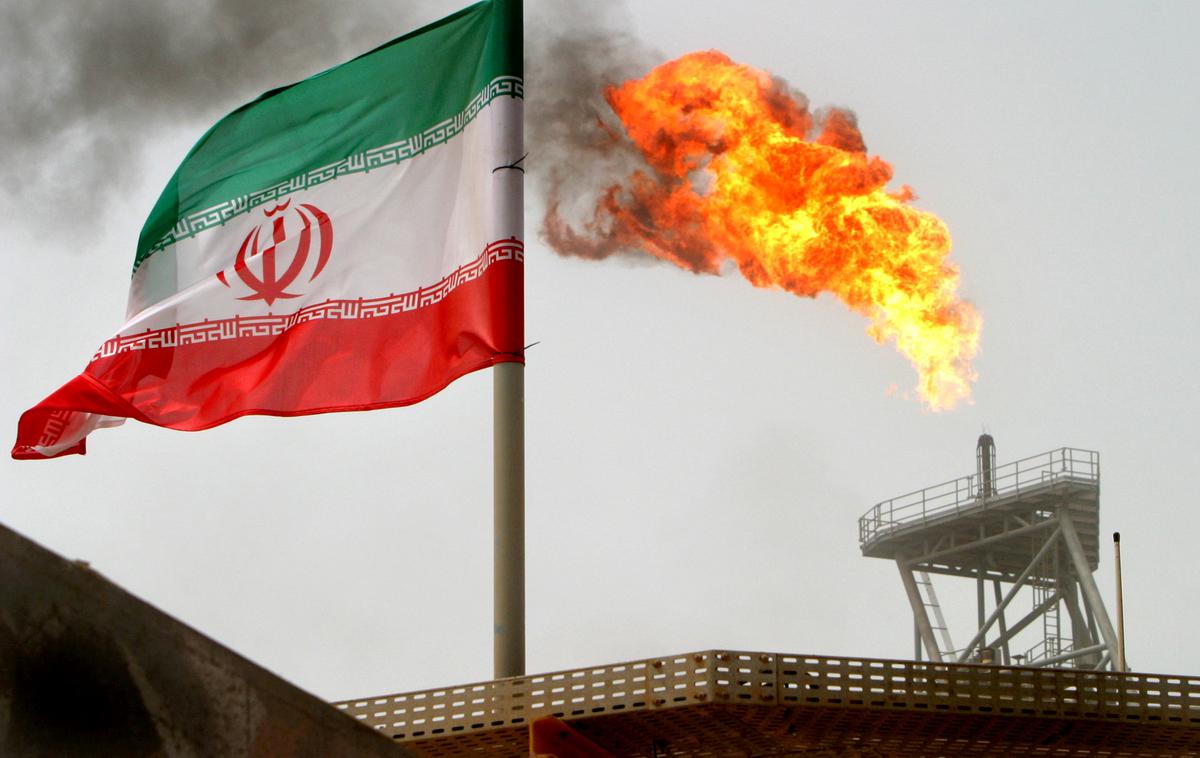ALWAGHT- The Biden administration is hesitant to intensify sanctions on Iranian oil exports out of concern for potential spikes in oil prices and the risk of offending China, which is the largest customer of Iranian oil.
Reuters reports that Iran's missile and drone attacks on Israel are unlikely to push the Biden administration to tighten sanctions on the country's oil exports, as there are concerns about the potential increase in oil prices and the risk of disappointing China, which is the largest purchaser of Iranian oil.
Right after Iran's missile strikes in response to Israel's attack on the Iranian embassy in Damascus, US Republican representatives criticized Biden for not enforcing current sanctions against Iran and called for tougher measures.
US Republican representative Steve Scalise said that the US government has facilitated Iran's oil sales, thus enabling the country to generate revenue for its activities.
Washington has been asserting for months that its main objective is to prevent the conflict between Israel and Gaza from expanding into a regional war and to keep Tehran from getting involved.
On Monday, the US House of Representatives passed the Iran and China Energy Sanctions Act, which broadens sanctions on Iran and mandates annual reports detailing the involvement of Chinese financial institutions in Iran's oil trade. As a result, no US bank would be able to open accounts for any Chinese entities dealing with Iranian oil.
The bill's future in the Senate, controlled by Democrats supportive of Biden, remains unclear. The Biden administration is against any increase in oil prices.
Many regional analysts think that the Biden administration is not taking decisive steps to tighten existing sanctions on Iranian oil exports.
The political pressure to penalize Iran has become a significant challenge for the US government; how can the US avoid escalating conflict in the Middle East without causing a spike in oil prices and angering China, Iran's largest oil customer?
Scott Modell, head of the Rapidan Energy Group, believes that even if the bill is passed, the Biden administration is unlikely to take significant measures to enforce existing sanctions or impose new ones to limit Iran's oil exports.
In 2018, former US President Donald Trump imposed fresh sanctions on Iran's oil industry after pulling out of the Iran nuclear deal, and the Biden administration has tried to prevent sanctions evasion by targeting companies in China, the UAE, and other regions.
Despite these efforts, Rapidan estimates that Iran's oil exports, excluding gas condensates, have reached 1.6 to 1.8 million barrels per day, nearing the 2 million barrels exported before sanctions were imposed.
Biden's hesitation to restrict Iran's oil exports may be due to the potential impact on gasoline prices. The price of oil and, in turn, gasoline is a key consideration in the run-up to US elections.
Tightening sanctions on Iran also strains US-China relations. Nearly all of the oil that China imports from Iran is registered as originating from Malaysia or other Middle Eastern countries and is shipped by a fleet of older oil tankers that deactivate their transponders when loading at Iranian ports.
Data from the oil tracking firm Vortexa reveals that last year, China purchased 55.6 million tons, or approximately 1.11 million barrels per day, of Iranian oil. This volume accounts for 90% of Iran's oil exports and 10% of China's oil imports.



























